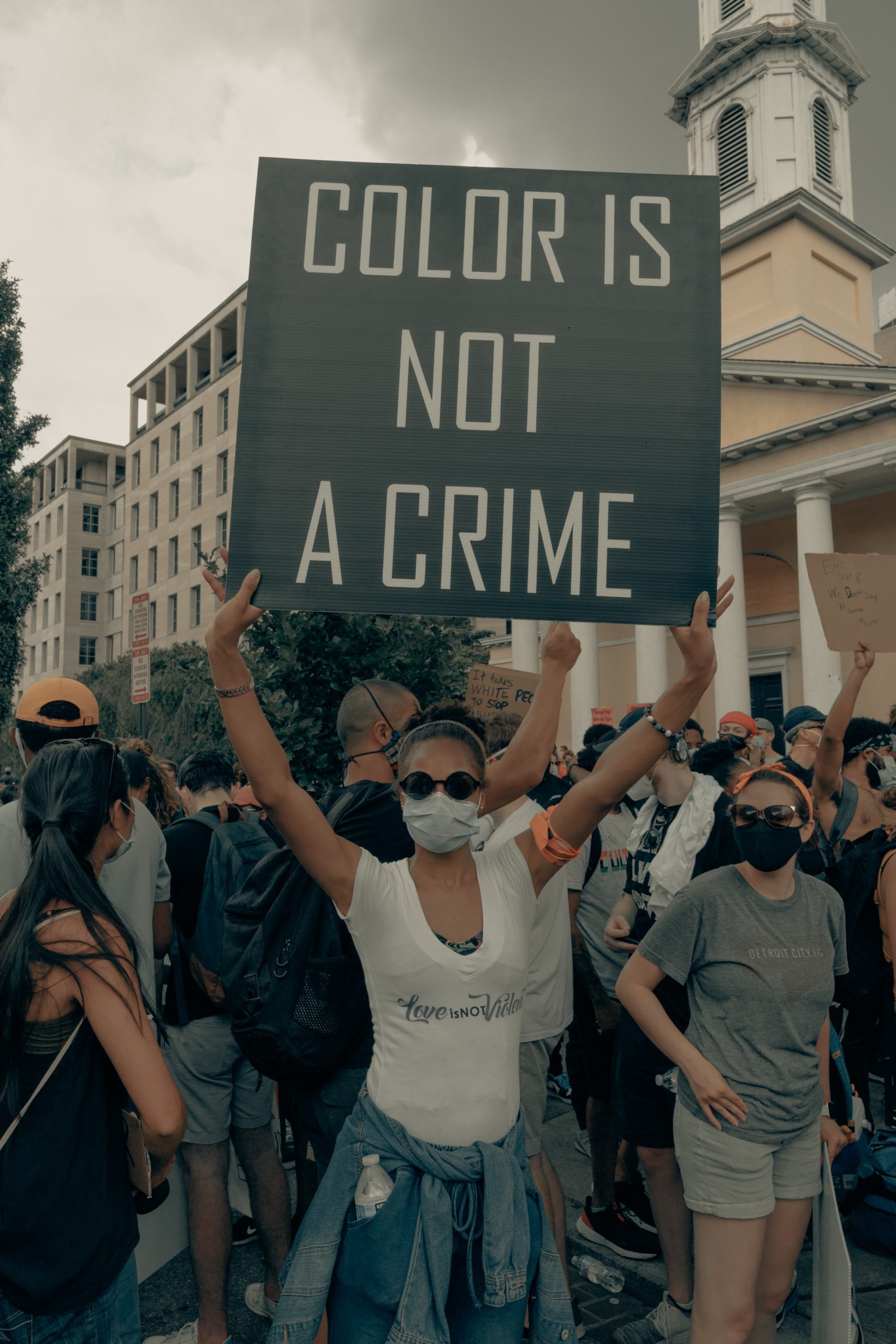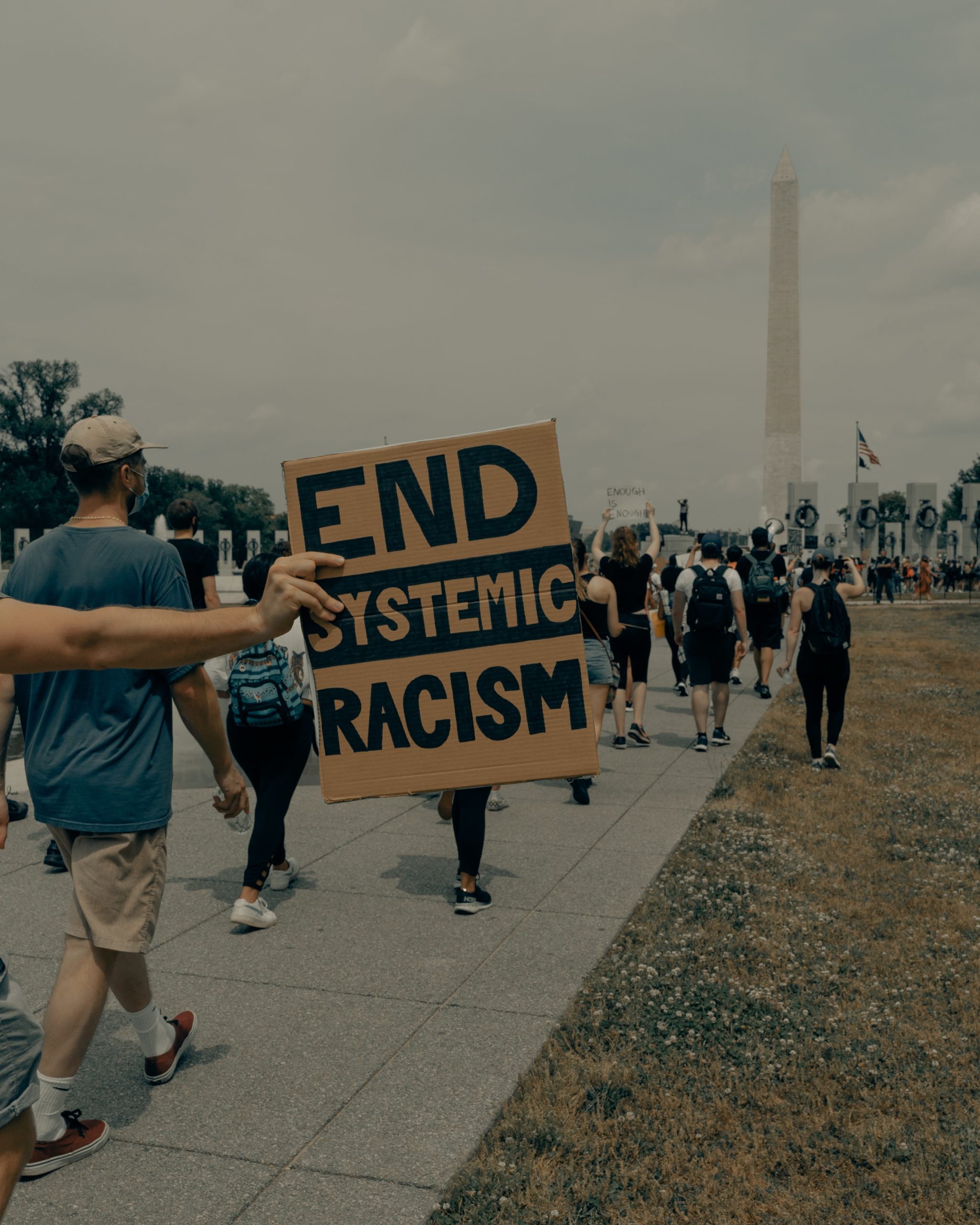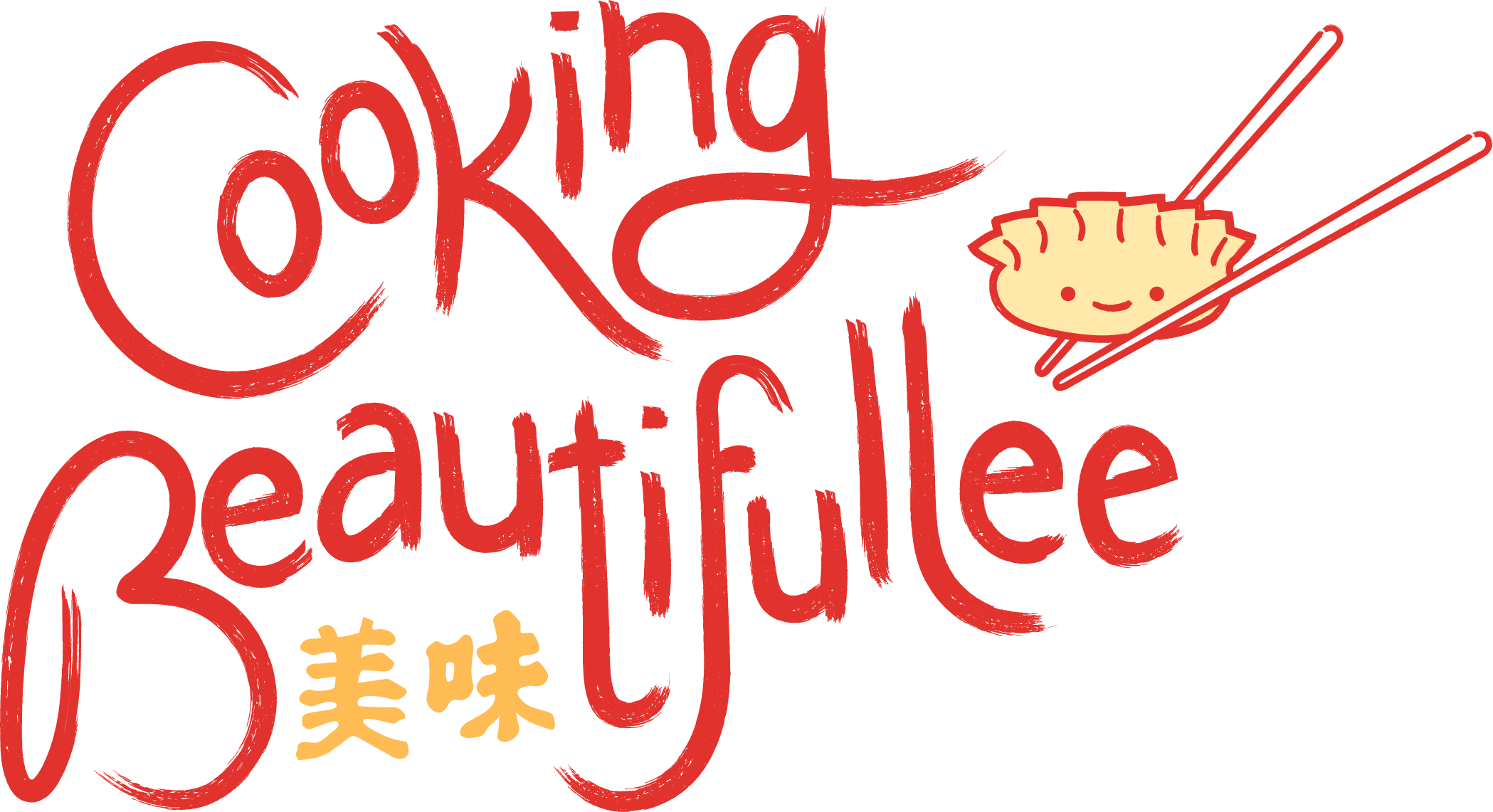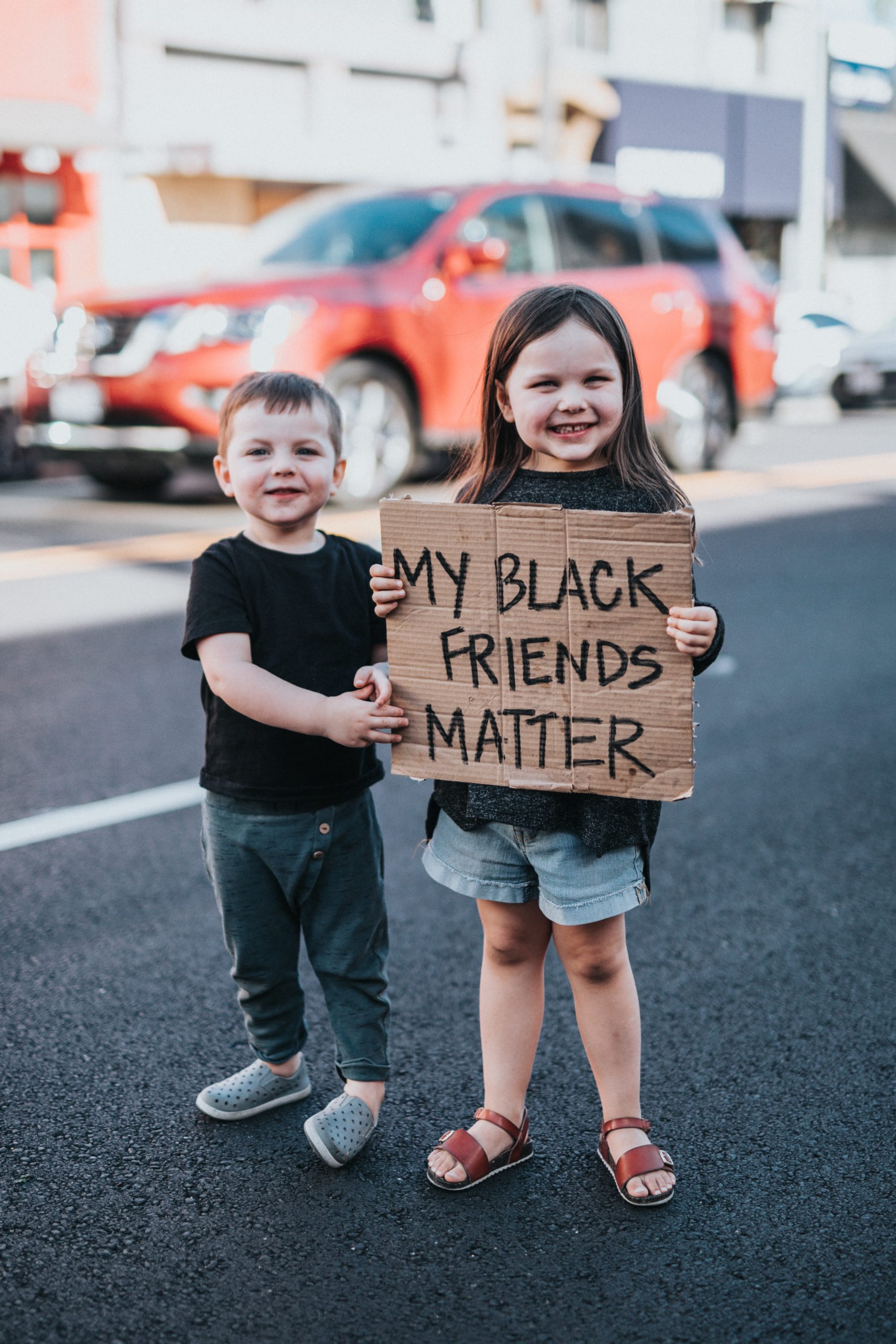Let’s Get Wise to the Systemic Racism in Food Media
Why White People Need to Care about the Pay Discrepancies at Bon Appetit Magazine
Food media, like all media, has a racism problem. The recent trouble at Bon Appetit highlights many aspects of this issue, and it’s not always as obvious as a racist Halloween costume.
Some background: The BA Test Kitchen, an award-winning YouTube channel, which is an offshoot of Bon Appetit magazine (published by Conde Nast since 1956), is undeniably a pillar of food media. The Test Kitchen has over six million subscribers and the backing of one of the most powerful publishers in the country. The channel’s friendly tutorial videos are designed to make the viewers feel as if they are hanging out with their funny, hip, and knowledgeable friends who just happen to help you cook a delicious dinner, deep dive into fermentation, or create seasonally-appropriate cookies. The major personalities on the channel have become brands in their own rights, with devoted followings and tailored content, leading to corporate sponsorships for the channel. The videos drove a 64% increase in print subscriptions to the magazine from 2018–2019. In a time where print media is lagging, the BA Test Kitchen channel is a driving force for Bon Appetit, increasing revenue and ad sales.
Despite this seemingly fun, creative, and financially successful workplace, not all on-camera talent were paid for their time. The ones that were paid were white. And the ones that weren’t paid were BIPOC.

This supercut highlights the treatment of one of the Test Kitchen staffers, Sohla El-Waylly, a chef who graduated from the CIA and worked in Michelin-starred restaurants before landing at Serious Eats. It opens with her former boss confusing her fellow WOC co-worker, Priya Krishna, a cookbook author, for the chef and YouTube personality, Sohla El-Waylly. The video goes on to highlight El-Waylly’s vast knowledge; however, her experience is not showcased on its own. She is shown being interrupted while working on her own projects to bail out her co-workers, who routinely question her knowledge. She does this cheerfully and professionally, and she wasn’t getting paid for her on-camera time. In her own words: “I’ve been pushed in front of video as a display of diversity,” she wrote. “In reality, currently only white editors are paid for their video appearances. None of the people of color have been compensated for their appearances.” Beyond this, El-Waylly’s annual salary was only $50,000.
This is not the first, and unfortunately not the last, incident of BIPOC being paid less for their skills. While shocking to some, it’s the reality for many. While salary discrepancies cannot be known from simply watching an instructional video, the microaggressions are plain as day.
It’s up to white people to not only pay attention to these actions but bring them up when we see them. Because we’ve only seen ourselves reflected in the media we consume, it can be hard to see why this is a problem. Now that you’ve been made aware, start to ask questions of yourself. Who is the Sohla of your workplace? What are you doing to make sureeveryone has a seat at the table? What media are we consuming? Who (or what company) is benefitting from our time, attention, and money? Food (and food media) has become escapist entertainment, but only if we are ignoring how the food got there, who gets to talk about it, what the expectations are, and how the conversation is framed.
Even when we allow BIPOC to speak, they are not receiving equal pay, either in monetary terms or in terms of legitimacy.

Please, white people, let’s take a critical look at what we are consuming, and how we are in holding up a standard of white supremacy. There are so many ways to support a just future, and listening is number one. Donating and subscribing is a close second. Learning to sit with uncomfortable facts is a part of it too. It’s slow work, but necessary work. If you’re reading this, you clearly love food, so start by examining your relationship to food and food media. You’ll be surprised by what you find, but use that to push forward, explore, and learn.
Food can be a lens through which we view all that is good in the world, but if we turn off our critical thinking, we are stagnating. How much have we not been able to learn because of systemic racism? Whose voices are silenced instead of amplified?
Food is alive, food is for all, so let’s make sure we’re all living.
Support our channel!
We will do our part to leverage this platform to inspire responsible actions. Now more than ever, we’re looking carefully at the best ways to support local businesses and chef-driven independent restaurants.
Donate at Patreon

Colleen Koperek
Contributing Writer
Colleen is a chef who has worked in restaurants in the Boston area as a line cook and pastry chef, as a personal chef focusing on dietary restrictions, in catering and currently teaches recreational cooking classes. She enjoys spicy food, reading cookbooks, painting and spending quality time with her plants and animals. She can always recommend a good article or book to read on food justice issues.
If Mars was livable, and you accept a one-way ticket to host a party there, who would you invite (4 guests max), and what would you cook?
I would invite Nathan Fielder and we would probably eat hydroponic salads, lab-grown proteins, and candy (it's shelf stable!)
Do you have any ridiculous goals in life?
Invent a new candy bar!
What’s your favorite food holiday?
Halloween because...candy!

